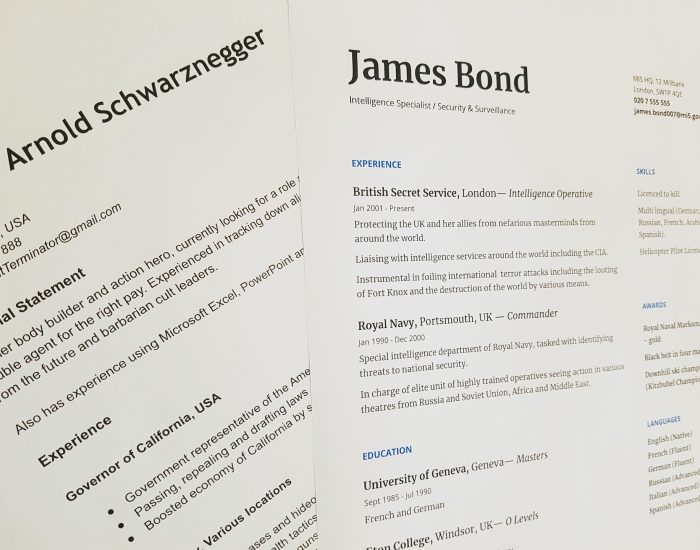The Role of Translation in Human Resources for Managing International Teams
In today’s globalized economy, businesses often operate across borders, employing individuals from diverse linguistic and cultural backgrounds. While this offers significant opportunities for innovation and diverse perspectives, it also presents unique challenges—particularly in human resources (HR) management. One of the most critical aspects of managing international teams is ensuring effective communication, and this is where translation plays a pivotal role.
The Importance of Clear Communication in HR
Human resources professionals handle numerous responsibilities that involve direct communication with employees, including:
- Recruitment and onboarding
- Performance evaluations
- Training and development
- Employee benefits and legal documentation
When managing international teams, these HR functions become more complex. Documents and communication need to be understood clearly by employees who may speak different languages. Poorly translated materials can lead to misunderstandings, compliance issues, and decreased employee satisfaction, affecting the overall performance of the team.
Legal and Compliance Considerations
One of the most critical areas where accurate translation is vital in HR is legal compliance. Employment laws, contracts, and company policies must be clearly understood by all employees, regardless of their native language. Incorrect translations of legal documents can lead to non-compliance, lawsuits, and regulatory fines.
For instance, a company that employs workers in both the UK and Latin America needs to ensure that employment contracts and safety regulations are translated accurately into both English and Spanish (or Portuguese, depending on the country). Even slight errors in translation can lead to major legal and financial risks.
Recruitment and Onboarding: Setting the Right Tone
The recruitment process is the first interaction a potential employee has with a company. Translating job postings, interview questions, and onboarding materials ensures that candidates from different linguistic backgrounds have a fair and clear understanding of the company’s expectations.
A poor translation in a job description could alienate highly qualified candidates who may feel the company doesn’t accommodate non-native speakers, or worse, could convey an inaccurate role description. Similarly, during the onboarding process, new hires must fully comprehend company policies, training programs, and their responsibilities, all of which require precise translation.
Employee Training and Development
To keep international teams aligned with company goals, continuous training is essential. Whether it’s training for compliance, technical skills, or leadership development, companies must ensure that employees from different countries can access these resources in their native languages. A professional translation ensures that training materials are not only linguistically correct but culturally relevant, making it easier for employees to relate to and absorb the content.
Performance Management and Employee Feedback
Translation is also crucial in performance evaluations and giving feedback. When employees are evaluated, they need to fully understand what is being measured, what their strengths are, and where they need improvement. If performance reviews are not clearly understood due to language barriers, it can lead to frustration, disengagement, or even feelings of unfairness.
HR professionals need to ensure that feedback is translated accurately and sensitively, considering cultural nuances. A direct translation that fails to capture the tone or intent of the message may cause unintended offense, which can damage the employee-employer relationship.
Enhancing Employee Satisfaction and Retention
Employee engagement and satisfaction are deeply tied to how valued and understood employees feel within a company. When companies invest in translating internal communications, policies, and HR materials into their employees’ native languages, they foster an inclusive and supportive workplace environment. This sense of belonging is especially crucial in retaining top talent in international teams.
Providing translated resources also shows employees that the company respects their language and culture, which can significantly boost morale and loyalty.
The Role of Professional Translation Services
While it may be tempting to use automated tools or bilingual employees for translation tasks, these approaches often result in inaccuracies that can lead to miscommunication. Professional translation services ensure that HR materials are not only accurately translated but are also localized to fit the cultural context of the target audience. This localization is particularly important for avoiding potential cultural misunderstandings.
For companies managing international teams, working with a trusted translation service, like ANZ Translation UK, ensures that HR materials are both precise and culturally appropriate. Whether translating contracts, employee handbooks, training programs, or performance reviews, professional services ensure that communication is clear and effective.
Conclusion
In the realm of HR, effective communication is the cornerstone of managing international teams. As businesses continue to expand globally, the need for accurate and culturally sensitive translation services will only grow. HR departments that invest in professional translation services are not just ensuring compliance and clarity—they are also building a more inclusive and engaged workforce.
By prioritizing accurate translations, companies can overcome language barriers, enhance employee satisfaction, and ensure seamless operations across international borders. Whether you’re expanding internationally or simply have multicultural teams, ANZ Translation UK offers the expertise and precision required for even the most complex legal translations. Reach out to us today to ensure your documents are translated with the utmost accuracy and professionalism.
Other translators in my area are unreliable and will not even answer the phone. With Speakt I was able to get the job done easily.John Deo CEO TransPro

